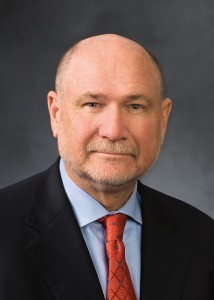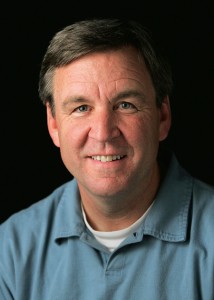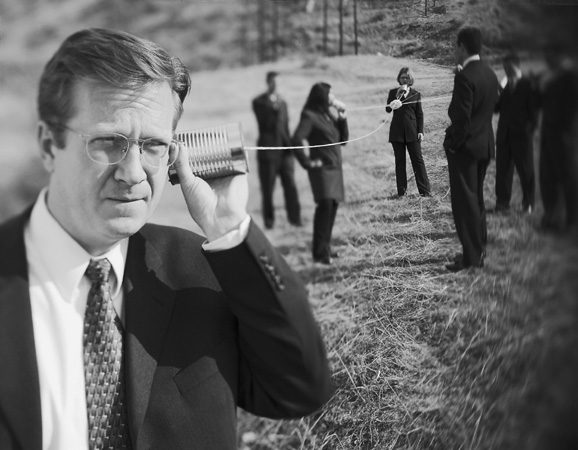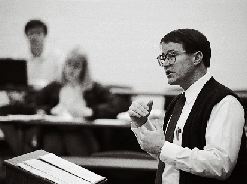On Dec. 7, 1941, Harold Poole’s parents were singing in the Mormon Tabernacle Choir, unaware that their only son was under attack in the Philippines, where the soldier was the first to shoot down a Japanese Zero in the Battle of Manila.
Four months later Poole became one of thousands of prisoners of war in the Philippines. He survived the infamous 85-mile Bataan Death March, where some of his fellow soldiers were beaten, bayoneted, and buried alive. He subsequently made it through three and a half years of slave labor. And after the war he and his comrades became largely forgotten soldiers.
Two BYU graduates, California attorney James W. Parkinson (BA ’73) and Utah journalist Lee V. Benson (BA ’76), have used his story as the focus of a book that gives new relevance to the horrific abuses of the war in the Pacific. In Soldier Slaves: Abandoned by the White House, Courts, and Congress, they chronicle what happened to Poole and thousands of American soldiers following their capture. They reveal the extent of the abuse and examine the years of silence imposed on the veterans after the war. They also outline what unfolded when the former GIs took their case to courtrooms and congressional hearings, seeking compensation for their servitude.
It became known as the JPOW (Japanese Prisoners of War) case and went all the way to the U.S. Supreme Court. The case ended with no compensation and no apologies from Japanese corporations. As Parkinson explains, “The only justice these men will receive is having their stories told.”
Parkinson became interested in—then passionate about—what happened to the soldiers when he represented them in the JPOW case. He says the veterans’ tales were “life changing” and needed to be recorded. He invited his friend Benson to join him in telling the story.
As part of their research the two alumni traveled with Poole to the Philippines and retraced the Bataan Death March route. After Poole had been transported to Japan as a prisoner, he survived as a slave soldier in a Japanese steel mill by eating small rice balls and a thin green soup. It wasn’t sufficient. He entered the war at 180 pounds, but his weight plummeted to 97.
“I have been writing for 30 years, but interviewing a World War II vet was a treasure,” Benson says. “These men are not going to be around forever. They
are humble, frank, nonjudgmental, and matter-of-fact. What I learned from Harold is he came back from this experience a better man, and there is no doubt in my mind what happened to these vets took place.”
“It is a story of truth,” Parkinson says about the book. “It is important for America to know what really happened. We need to understand our history.”
National broadcast journalist Tom Brokaw, whose own book, The Greatest Generation,also portrays World War II veterans, wrote of Soldier Slaves, “This long overdue story of great courage and great suffering rewarded with great injustice should be required reading for every member of Congress. It is a tale to make you at once proud and angry.”
Poole, a retired Salt Lake City mailman, earned a Silver Star for valor. He hasn’t held on to anger, though. He says that in seeing how the Japanese civilians also suffered, he was able to forgive the Japanese even before leaving the country. When his son turned 19 and received a mission call to Japan, Poole had no objections.











